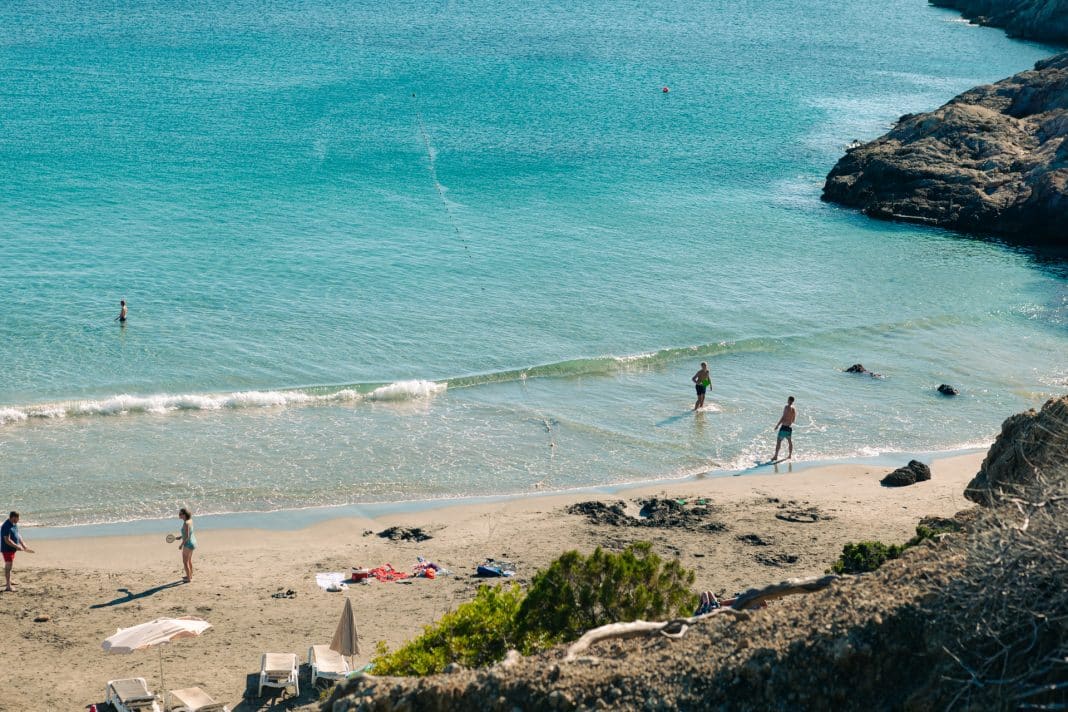When it comes to climate change, according to researcher Gabriel Jordà, it is critical to conduct very specific studies in defined zones. “In order to take action, it is critical to first understand the situation on a local level. With these specific features, the many administrations that have management competencies in this topic that we are concerned about.”. Beaches, for example.
The study, co-authored by Miguel Agulles, also considers the significance of posidonia on the coast, which has a protective effect “since it slows down the waves.” “What will become of this plant in the future? We know that as the temperature rises, it will suffer; it has been investigated, but we still don’t have exact data” he claims. As a result, the need of caring for these aquatic vegetation meadows is becoming increasingly clear.
“We also considered the type of waves that hit each beach, as well as the type of sand. And we based our projections on two scenarios: the RCP 8.5 scenario, which assumes that greenhouse gas emissions continue to rise as they do now, and the RCP 4.5 scenario, which is more optimistic but does not fulfill the aspirational goals of the various climate summits “Jordà adds.
A first-of-its-kind study for the Mediterranean
This pioneering study can be used to predict “what will happen in the rest of the Mediterranean.” “We know that the swell in Corsica is similar to that in Menorca,” explains the researcher from the Balearic Islands’ Oceanographic Centre. “The rising of the sea will be significant, but it does not stand out too much when compared to the rest of the earth,” he says. “However, it will have an impact on us, particularly because of our economies. These conclusions will have an immediate impact on beach tourism” he emphasizes.
If the Mediterranean region may be classified as a particularly vulnerable area to climate change, “It’s because we’re not as prepared for or acclimated to the changes. Tidal surges and ebbs, for example, are widespread in the Cantabrian Sea, and engineering techniques to deal with them have been devised. Not here, and they may have to develop them in the future as well.”
For the full article, please visit Diario de Ibiza website here.

